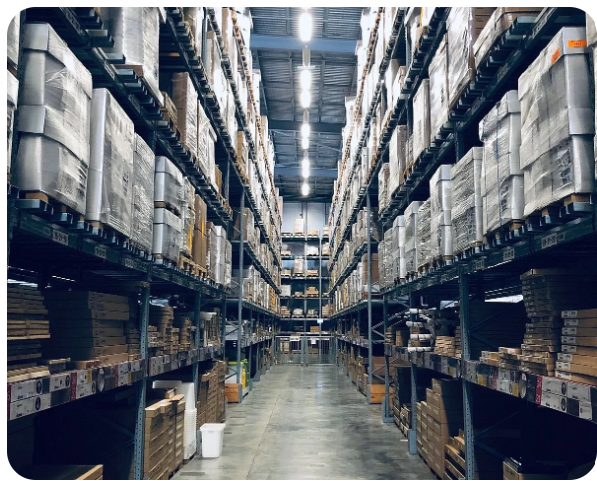Order Quantity Optimization
This is a story about a Netherlands-based, family-owned business specializing in industrial vehicles and environmental loading systems.
They have expanded their reach to nine countries, with over two thousand employees, managing tens of thousands of SKUs as part of their daily routine.

Celonis Use Case Championship Winner!
This use case, developed with DataLane’s OQO has been recognized as one of the winners in the inaugural Celonis Use Case Championship at Celosphere 2023!
This competition showcased the incredible innovation within the Celonis community, and it was a privilege to be among the top submissions selected from over 100 unique ideas.
Challenges
The company’s procurement team was primarily focusing on avoiding stock-outs, with costs hardly being part of the equation. The Data Science Manager discovered that they were missing out on substantial quantity discounts, costing them up to 90% in potential savings.
He began to wonder if the company could save money by adjusting its purchasing strategy. With an annual spend of hundreds of millions, even an improvement of 1% would yield significant savings.
But how to tackle this challenge? It was clear to him that optimizing purchasing of tens of thousands of SKUs on a daily basis is beyond reasonable human capacities. Another important aspect of the challenge was the company’s production schedule, which is known 12 up to 18 months in advance.
On the one hand, a blessing in efficiency, as it allows for batching production of similar types of vehicles together. On the other hand, a curse, because this led to fluctuations in SKU requirements throughout the year, unaccounted for by their standard lot-sizing procedures.
The result? Labor-intensive, ad-hoc adjustments and material shortages in one period followed by excess stock in the next.

The Solution
Recognizing the need for a more sophisticated approach, the Data Science Manager sought help from DataLane, a trusted partner in Process Mining for over 10 years with expertise in Sourcing and Supply Chain optimization.
While the impetus for the project came from effectively leveraging quantity discounts and avoiding stock-outs, it became clear that material costs were only one piece of the puzzle. Other factors are transport, holding and obsolescence costs. And in addition, vendor agreements on lead times and minimum, maximum or multiples of order quantities.
DataLane introduced the Order Quantity Optimizer (OQO), a flexible mathematical model that given the customers business restrictions, calculates optimal order quantities per period, yielding minimal total costs.
25k
SKUs in Scope
<= 75%
Savings per SKU
6+
Warehouses Impacted
The Benefits
- A pilot project was conducted on 250 SKUs in one of their warehouses, comparing OQO’s recommendations to actual decisions.
- The results were impressive, with up to 75% cost savings per SKU, translating to millions in annual savings. The procurement team gained confidence in their orders, reduced manual work, and increased transparency.
- Due to this success, OQO is now being implemented across all warehouses, promising even more significant cost efficiencies.
- This success story illustrates how data-driven decision-making can lead to substantial savings, improving inventory management and procurement processes.

